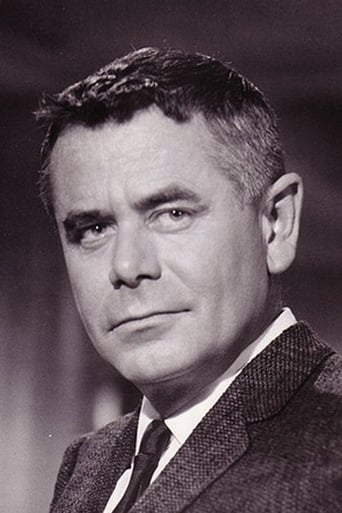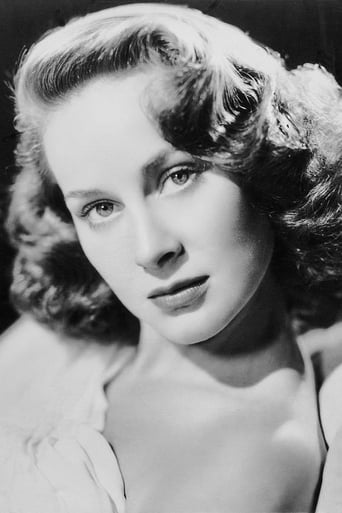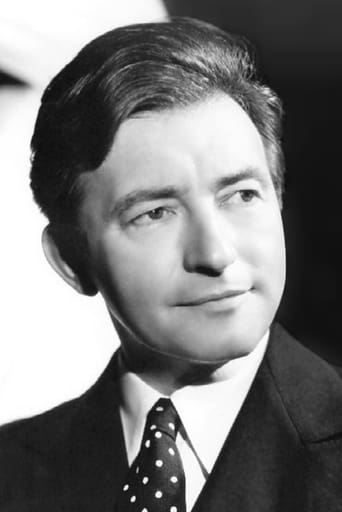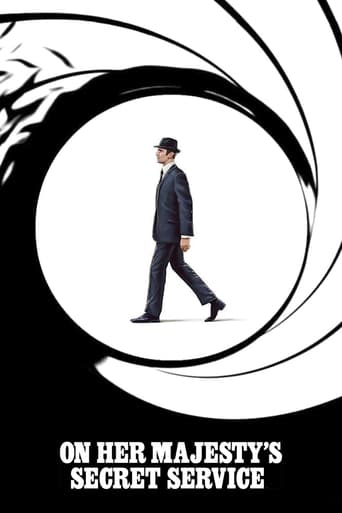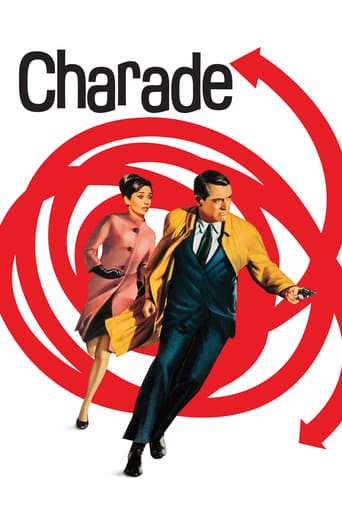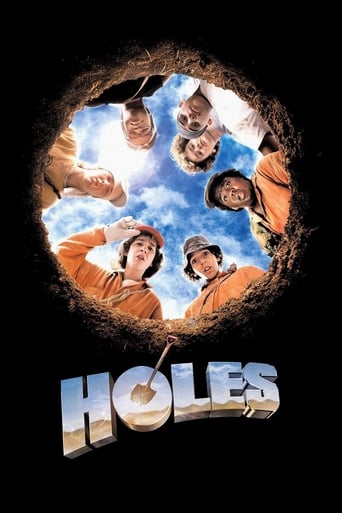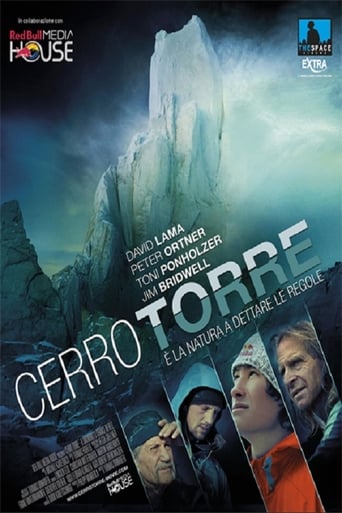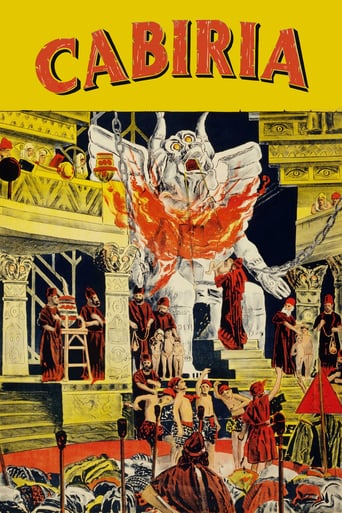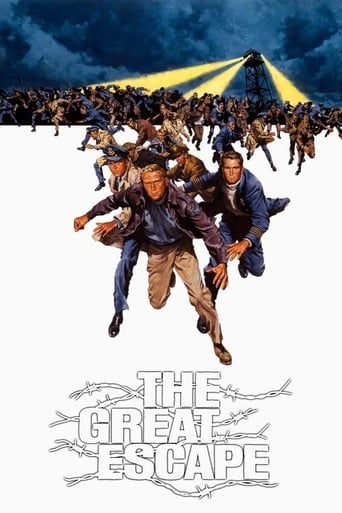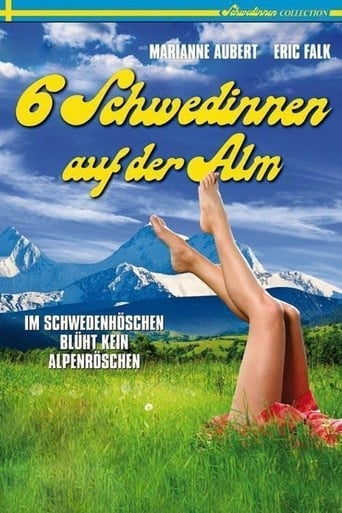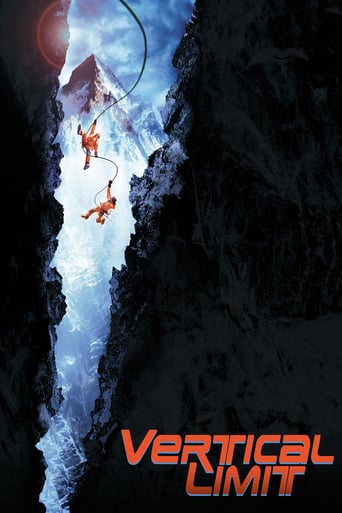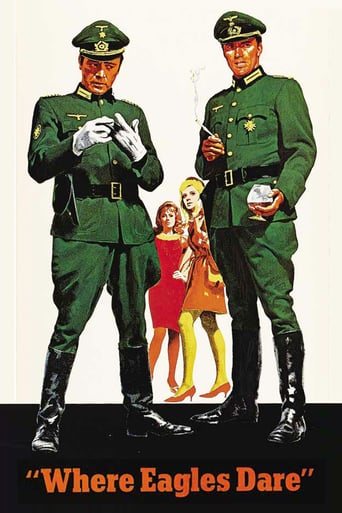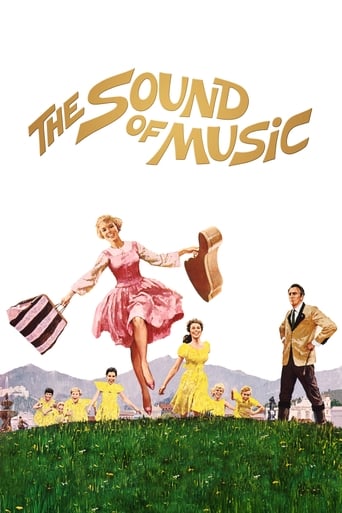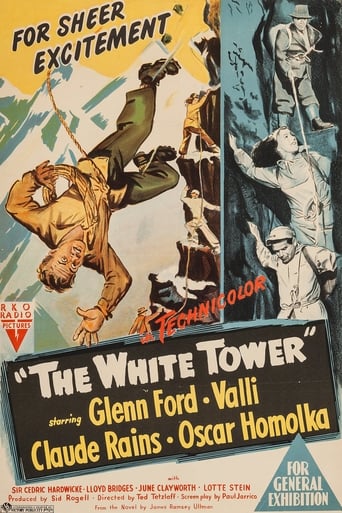
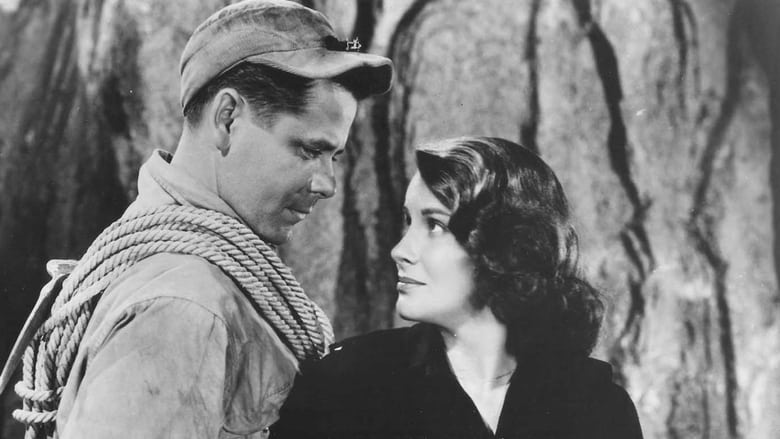
The White Tower (1950)
Mountain climbers in the Swiss Alps mull over past problems while trying to conquer a perilous peak.
Watch Trailer
Cast


Similar titles
Reviews
Associate producer: Tony Braun. Producer: Sid Rogell. Copyright 28 June 1950 by RKO Radio Pictures, Inc. U.S. release: 24 June 1950. U.K. release: 11 September 1950. Australian release: 9 February 1951. Sydney release at the Regent: 9 February 1951 (ran 3 weeks). Australian length: 8,980 feet (100 minutes). U.S. and U.K. running time: 98 minutes. U.K. length: 8,818 feet.SYNOPSIS: Six climbers versus "The White Tower".NOTES: Location scenes filmed in the Swiss Alps and on the slopes of Mont Blanc. Originally designed for the Adrian Scott (producer) - Edward Dmytryk (director) team, the project was handed over to Rogell and Tetzlaff when the former gentlemen tangled with HUAC.COMMENT: A memorable film when I saw it on first release. The concluding image of the White Tower viewed from the back of a moving train as it glides into a tunnel, must rank as one of the great film moments of 1950. This moment is still super-charged today - and rendered all the more effective by a similar shot quite early in the film - in reverse - as Valli arrives. Unfortunately, these shots represent the high point of Tetzlaff s invention. Elsewhere he is little more than the competent servant of an attitudinizing philosophical script, and the (doubtless unwilling) slave to obvious studio-bound snow-storms and dialogue exchanges.However, if our belief in the proceedings is undermined by these factors, the major players go a long way towards restoring it. (Of the minor players, June Clayworth and Lotte Stein are effective, but Essler and Angold are strictly Hollywood artificers). Valli is both passionate and charming, accurately conveying the obsession of the devoted mountaineer - a neat contrast to Ford's typically relaxed, slow-to-get-involved idler. Bridges, in one of his strongest character roles, a member of the master race, powerfully conveys single-mindedness of a less attractive sort. Rains' shambling philosopher is much less exciting (though the scene in which he walks away from his burning tent is a thrilling image), Sir Cedric Hardwicke has disappointingly little opportunity to shine, while Homolka has an equally unobtrusive role as a conscientious guide.Studio cut-ins between real and faked locations, between actual alpinists and actors with immaculate hands pretending to claw across the studio floor, are more obvious to present-day viewers. Time has even dimmed some of the luster of Rennahan's color photography and muffled the emotional impact of Webb's music score. But even in a less than perfect TV print, The White Tower remains a memorable excursion for armchair mountaineers.
Old-fashioned in the best sense, this mountaineering adventure boasts a stellar cast--Glenn Ford, Alida Valli, Cedric Hardwicke, Claude Rains, Lloyd Bridges, and Oskar Homolka--and a simple premise: a young woman (Valli) returns to the Swiss Alps to conquer the eponymous mountain that claimed her father's life years before. But she has to persuade several other climbers to brave the perilous ascent with her. Each has his own reason for accepting, while the lone American member (Ford), at first tagging along just to spend time with the beautiful Valli, gradually finds a deeper reason of his own.The recent Second World War looms large over the story. Indeed, the White Tower itself is a clear metaphor for it: the three main characters all have something left to prove, and the higher they climb, the more the reveal about themselves, the more fractured the team becomes. It's not as psychologically complex as it sounds, though. You can easily work out who's who and how the relationships are going to develop as the story unfolds.The joys here are the cast, the scenery, several gripping climbing sequences, and a lush score that evokes that aching sense of something lost that's also somehow within reach again...if only love can prevail.Corny, maybe, but if you like old Hollywood and adventure films, this one will work like a charm.
Italian actress Alida Valli made five films in English while under contract to David O. Selznick, two for him (The Paradine Case, The Third Man), three for RKO (Walk Softly Stranger, The Miracle Of The Bells, and The White Tower). After which she returned to Italy and a great career there.The White Tower offers a chance to see her in a far less dour role than usual - and she's a knockout in Technicolor.She plays Carla Alten, a girl who returns to her Swiss village to enlist a group of fellow mountain climbers in an attempt to scale The White Tower, a Matterhorn-like peak that her father died trying to climb. The scenes setting up the recruitment of the climbers and their reasons for climbing are picturesque and economically done, and within the first quarter of the movie, we're on the mountain. The group includes an alcoholic, unhappily married writer (Claude Rains), a veteran climber (Oskar Homolka), Dr. Nicholas Radcliffe (Cedric Hardwicke), Hein, a German (Lloyd Bridges), and an American, Martin Ordway (Glenn Ford). He's laid back as only Glenn Ford can play him, but that doesn't mean he isn't smart and watchful.And he needs to be, for soon it appears the German is an unreconstructed fascist. Several years after the war, the characters are re-fighting it in microcosm on the mountain, with Ford as the main exponent of Allied values.Beautifully shot and well cast with excellent actors, The White Tower is a thinking man's adventure, with some romance thrown in, and all of it satisfying.
It takes a while for "The White Tower" to take off. After the long, slow start, this film keeps picking up speed until the surprise ending (or near the end), which takes on new meaning today as a result of the recent controversy concerning Mt. Everest and comments by Sir Edmund Hillary. I don't want to give away the ending of the film, but be sure and read what Sir Edmund Hillary had to say a few days ago about the peak he conquered in 1953, three years after "The White Tower" was released and relate his words to what happens in the picture.In beautiful Technicolor but before Cinemascope, it is easy to spot the interior sets, yet the exterior ones are breathtaking, even on a small screen. The cinematography is first rate. Too bad the script and direction weren't as effective. The script attempts to work a soap opera romance into the proceedings which becomes so melodramatic and naive that the viewer is asked to believe that attractive and likable Glenn Ford as Martin Ordway would risk his life and limb for the loves of a woman, even the vivacious Alida Valli as Carla Alton. The performers do the best they can with what they're given. Lloyd Bridges as Hein, the never-say-die Nazi, makes a hearty effort to bring his despicable character to life as does Claude Rains in the somewhat nondescript role of Paul DeLambre. Enjoy the scenery, the fine cast, and the excitement of the last fifteen minutes or so of the show and maybe you'll forget about the tired, hackneyed beginning and middle.


